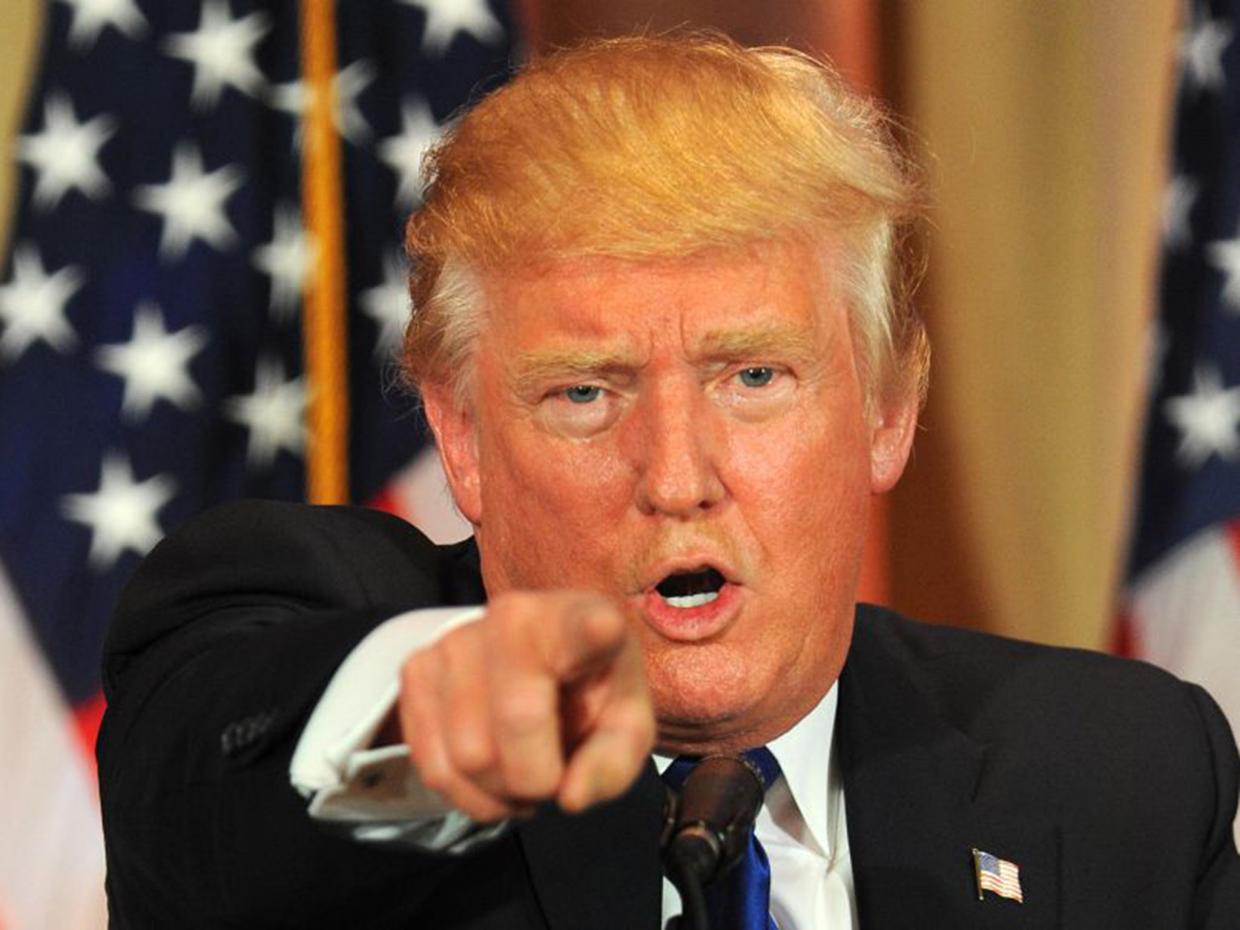email: ds599012@ohio.edu
The BBC, along with many Europeans across the Atlantic, is reeling from the shock of Trump's victory. The confusion is almost palpable going through this week's top stories. As Trump has begun to announce his cabinet resources have begun to slowly drift from the election, but for the BBC how Trump actually won the election is still the focus.
Struggling this election to understand the alt-right behind Trump, just as they did during Brexit, the BBC and media in general have to take a share of the credit for this election. In March of this year Trump had already earned $2 billion worth of free coverage, and regardless of what your opinion of his platform, it allowed him the ability to focus resources elsewhere and better mobilize his voters.
Is polling to blame?
 |
| Donald Trump stunned much of the world with his narrow win. Photo courtesy of the Independent. |
Across the aisle many people are questioning the validity of modern polling methods. The traditional cold call to homes across the country are being foiled by their samples not answering the phone. Not only that more and more americans are ditching traditional landlines, especially in younger demographics. This complicates the polling process even further, as calls to the home become more intrusive.
Furthermore I would posit that the polls weren't that far off. In fact despite many thinking there would be a high voter turnout, the US had continued with its disheartening low voter turnout. Not only that, but Clinton actually won the popular vote. While we may never know if she would have won with more people voting, it's hard to argue the polls were completely with that in mind.
Foreign perspective
The BBC has an interesting job to tackle covering American elections. While the two countries are fairly similar, the British simply do not understand the Electoral College. Their coverage throughout this election has been focused on helping their primary audience understand how and why Americans elect the president the way they do. Their story explaining the basic what the Electoral College is and what it does has been a pinned story to the election page.
Another focus from the start of the general election has been attempting to clearly figure out why people followed Trump and despised Clinton. The BBC tried to remain neutral, but it was clear to see by the amount of negative coverage that Trump received, and continues to receive, largely negative coverage. Trump stories not only take some of the negative aspects of his domestic opposition, but compounds it with that in Western Europe.
This shows that the BBC didn't learn the lesson much of the media failed to learn this year. Free coverage can help expose a candidate better a strong platform. The merits of Trump's ideas aside, the amount of coverage he got for his vitriolic rhetoric definitely helped him reach a larger audience.
Trump understands TV better than those on TV understood him. He understood the nature of American elections in the modern age, he knew he had to keep in the spotlight and did it. In the future the BBC and others like it need to be careful on how they handle media savvy candidates like Trump.
No comments:
Post a Comment